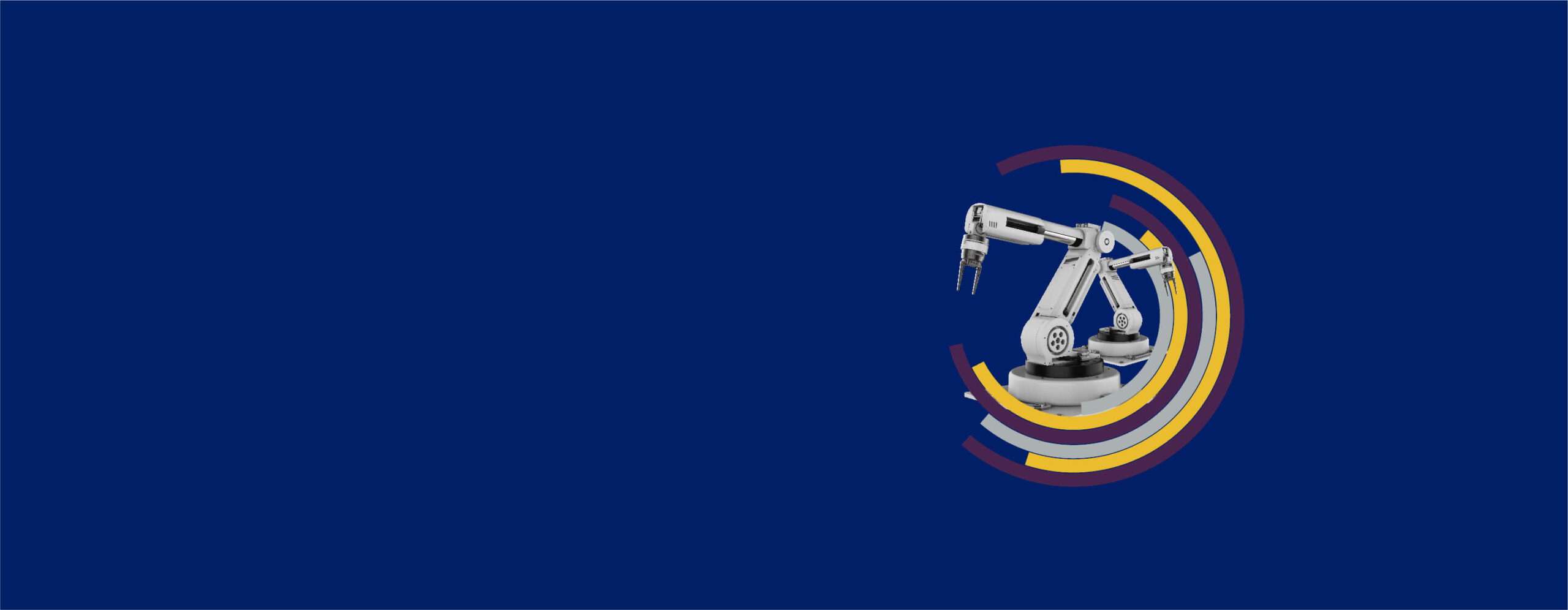Let’s not survive but thrive, and use innovation to do so

Michael Wade, IMD Professor of Innovation and Strategy, says companies who hang around in the survival phase for any longer will be left for dust.
Speaking at the latest webinar in the Leading In Turbulent Times series, “Become a COVID-19 innovator: how to exit the crisis stronger”, he said “The goal shouldn’t be to survive but to thrive. We cannot predict the future but that doesn’t mean we cannot plan for it.”
Plan how? Using innovation as your ship and having a short and long-term view of the course ahead. He added that the data shows that by doing so, you will in fact perform better.
This webinar took place live on June 26th at 11am CEST.
Long-term innovation is a three-way blend
Agility, resilience and robustness will be companies’ most useful tools for innovation in the long term, he said. There are examples of companies and indeed nations who have already played this card with success.
Agility can be seen in national responses to COVID by those who got hit hard, but acted quickly. Germany is a good example and the UK one of low agility, with its ill-orchestrated response.
Hyper-resilience though, is the ultimate pièce de résistance in being a long-term innovator. And what better example from the natural world, than human beings?
“We are the ultimate success story on earth,” said Professor Wade. “In the corporate world, Amazon is a brilliant example.” It has added 400 billion USD to its market cap in the last six months, also providing a great instance of resilience in the market.
As he drew comparisons between the company and the characteristics of a rhino in the natural world, Professor Wade said: “Amazon is huge with half a million people. Yet it acts like a start up in so many ways. It’s robust, it takes a lot of hits, and it comes back.”
Why you might get a lucky head start in short-term innovation
Some industries were just in the right place at the right time to capitalize on short-term innovation opportunities, e-commerce being one. Far less fortunate were industries like aviation. And most industries sit somewhere in between.
That said, the challenge for the outright winners remains to continue to be relevant. Success for them came from two possible response strategies: either same product, different infrastructure or vice versa.
More curious examples of companies who shifted their production to products and services relevant to the crisis range from Apps for proximity to cigarette companies searching for a vaccine cure using tobacco leaves. There’s even a store in the US selling COVID-19 products only.
Elsewhere, products were taken online but not in the traditional sense. In a bid to make e-commerce more fun and exciting, Nike enhanced its online experience, by building in a services element, centered around exercising from home.
There’s even some online hair cutting going on (well, a hairdresser instructing an individual on what to do via a camera connection). And there are glimmers of innovation to be found in the least predictable areas, which are often services.
Beware getting carried away with the idea of digital transformation being easy
Professor Wade warned that the success of working from home has raised expectations on digital transformation as a whole, just because this one worked.
It wasn’t the biggest leap in the sense that some people already engaged in some element of it before the crisis, he said. Plus, the technologies we use for working from home are relatively well tested and mature. Add to that that resistance was all but absent as people had no chance.
“So yes, take the pat on the back but be careful to set expectations for the next type of digital transformation because it won’t be as easy as this one,” he said.
Whilst survival is instinctive, innovation requires a concerted effort
Innovation is no easy feat, Professor Wade recognizes. “It’s hard to switch and get people to think about innovation when they are just worried about keeping their jobs,” he said.
He also acknowledged how “the tolerance of failure that comes with innovation” was “a tricky switch” given that it contrasts heavily with the last couple of months.
But we must prevail, and plan despite this and the fact that these black events are so very hard to predict. Scenario planning can help us a lot here.
The words of Darwin, he reminds us, were never actually “the survival of the fittest”; rather he said that those who would survive (and so have a chance of thriving) would be those most responsive to change.
To view all webinars, please visit our Leading in Turbulent Times page here.
Research Information & Knowledge Hub for additional information on IMD publications
Digital transformation introduces a new set of parameters for firm innovation. Existing literature has found that family firms vary on their willingness to innovate. However, explanations of the factors that lead to a family firm’s (un)willingness...
The emergence of AI agents and agentic systems represents a significant milestone in artificial intelligence, enabling autonomous systems to operate, learn, and collaborate in complex environments with minimal human intervention. This paper, drawi...

A.I. is now at the heart of digital transformation, bringing organizations immense opportunities and new responsibilities. As we advance through 2025, artificial intelligence has moved from a niche tool to a core driver of business value. The conc...
Research Information & Knowledge Hub for additional information on IMD publications
in I by IMD
Research Information & Knowledge Hub for additional information on IMD publications
in Small Business Economics 24 May 2025, ePub before print, https://doi.org/10.1007/s11187-025-01057-8
Research Information & Knowledge Hub for additional information on IMD publications
Research Information & Knowledge Hub for additional information on IMD publications
in I by IMD
Research Information & Knowledge Hub for additional information on IMD publications
in I by IMD
Research Information & Knowledge Hub for additional information on IMD publications
Research Information & Knowledge Hub for additional information on IMD publications
in Journal of Computer Information Systems 24 April 2025, ePub before print, https://doi.org/10.1080/08874417.2025.2483832
Research Information & Knowledge Hub for additional information on IMD publications
Research Information & Knowledge Hub for additional information on IMD publications
Research Information & Knowledge Hub for additional information on IMD publications







